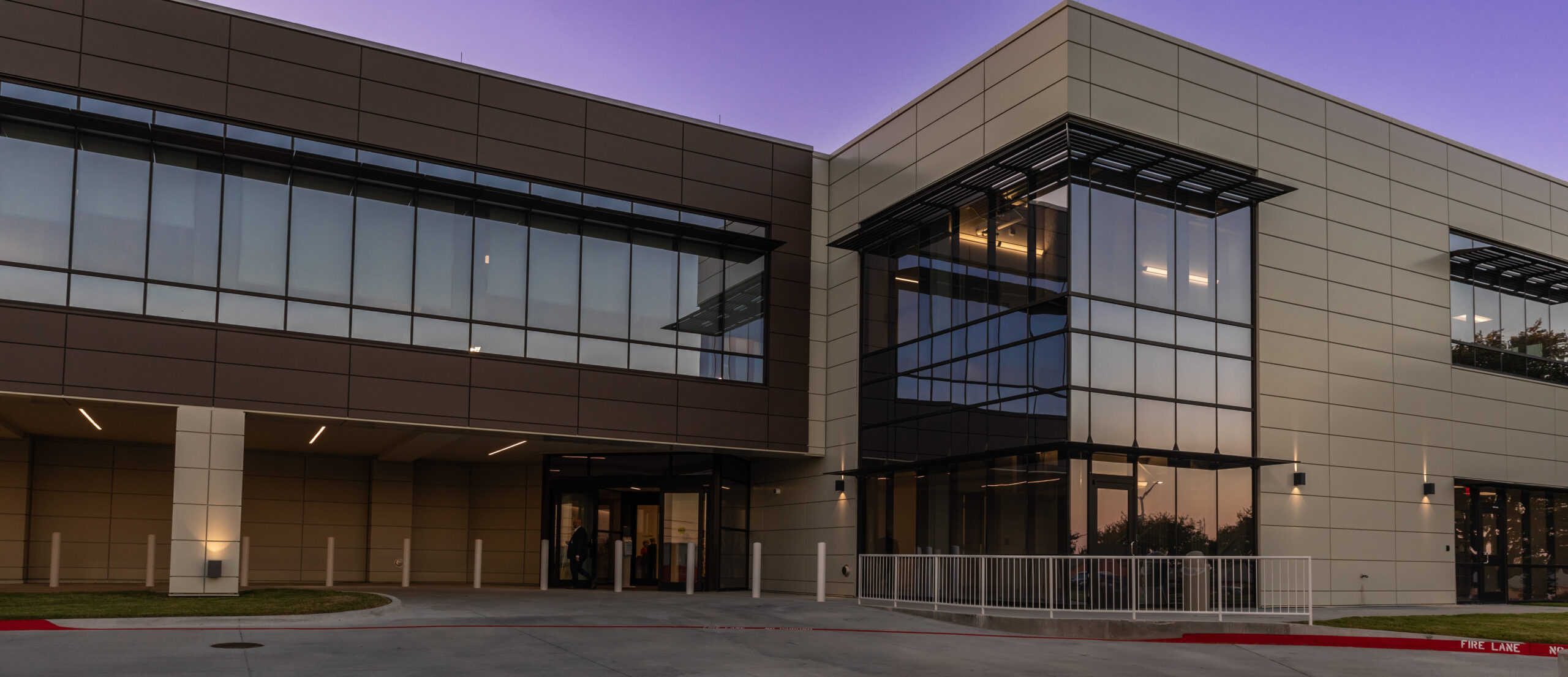
Speech-Language Therapy
About
Our outpatient Speech-Language Therapy program assists patients in recovering communication and swallowing skills lost due to disorders, illnesses, or injuries. Working with our speech-language pathologist, tailored programs are developed to ensure each patient achieves their highest functional communication level.
To create personalized programs, our team initially evaluates patients in the following areas:
- Speech
- Language
- Hearing
- Swallowing function
- Cognition
Common reasons for requiring speech-language therapy include the inability to express or understand language, chronic hoarseness, slurred speech, damaged vocal cords, and swallowing difficulties. Additionally, various disorders and conditions can contribute to these challenges, such as:
- Aphasia
- Apraxia
- Dysarthria
- Stuttering
- ALS
- Alzheimer’s disease
- Oral and throat cancers
- Stroke
- Traumatic brain injury (TBI)
- And more
Services
The ability to understand or comprehend language heard or read. It involves understanding words, sentences, and meaning from spoken or written language, as well as understanding concepts such as following directions or understanding stories.
Is the ability to use language to communicate thoughts, needs, or ideas. It includes producing sounds, words, and sentences, using appropriate grammar and vocabulary, and effectively using language in social contexts.
- Motor Speech Disorders: Conditions that affect the physical ability to produce speech due to neurological impairments.
- Apraxia of Speech: A motor speech disorder where a person has difficulty planning and coordinating the movements needed for speech despite having the desire and physical ability to speak. Apraxia often results from stroke, brain injury, or neurological conditions and may cause inconsistent speech errors and difficulty in pronouncing words correctly.
- Dysarthria: A motor speech disorder characterized by weakness, paralysis, or incoordination of the muscles used for speaking. Dysarthria can result from various neurological conditions, such as stroke, brain injury, or progressive diseases like Parkinson's disease, and often leads to slurred, slow, or choppy speech.
Also known as Augmentative and Alternative Communication (AAC), these systems supplement or replace spoken or written language for individuals with speech or language impairments. They can include low-tech options like picture boards and sign language or high-tech options like speech-generating devices and communication apps.
A speech disorder characterized by disruptions in the flow of speech, such as repetitions of sounds, syllables, or words, prolongations (stretching out sounds), and blocks (pauses or stoppages in speech). Stuttering may also involve physical symptoms like tension in the face or body and can be influenced by stress or anxiety.
Cognitive Deficits: Refers to impairments in cognitive functions such as memory, attention, executive function (reasoning, planning, and problem-solving), and information processing. These deficits can result from various causes, including stroke, brain injury, dementia, or neurological diseases. Cognitive deficits can affect daily functioning, communication, and overall quality of life, requiring tailored therapeutic interventions.
- Voice Changes due to Vocal Fold Damage: Refers to alterations in voice quality, pitch, volume, or vocal endurance resulting from damage or pathology to the vocal folds (cords). Common causes include:
- Vocal Nodules or Polyps: Benign growths on the vocal cords resulting from vocal overuse or strain.
- Head and Neck Cancer: Malignancies affecting the structures of the head and neck, including the larynx (voice box), can lead to voice changes or loss due to surgery, radiation, or the tumor itself.
Specialized Treatment Options
A speech therapy program specifically designed for individuals with Parkinson's disease to improve voice, speech clarity, and overall communication. The SpeakOut! approach focuses on converting speech from an automatic function to an intentional act by training individuals to speak with intent and deliberate effort. This method helps counteract the effects of Parkinson's on the muscles used in speech, such as reduced volume and monotone voice. The program typically involves a series of individualized speech therapy sessions followed by a group maintenance program to reinforce the skills learned and promote long-term improvements.
Contact
We require a physician referral for evaluation and treatment.
Andi Loeffler, M.S., CCC-SLP
903.408.1923
Abbie Albrecht, M.S., CCC-SLP
903.408.1929
Jamie Canchola, M.S., CCC-SLP
903.408.1924

